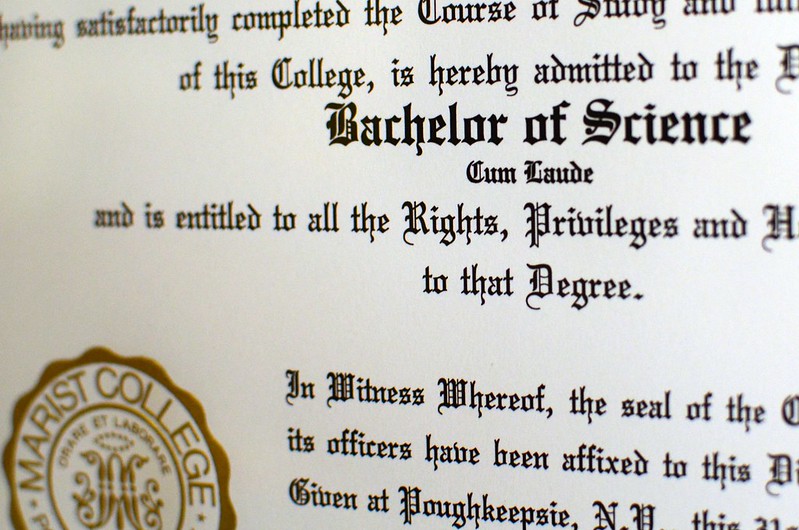For students who are really set on enrolling in a quality honors program, it's important to learn about some of the best honors colleges before making that big decision. That's especially true because your honors program will dictate how difficult your classes are...and the perks you get from doing well in them!
We're here to help you get all the information you need about the top honors programs in the country so you can pick the program that's right for you. In this article, we'll:
- Explain what an honors college is
- Provide our research-based ranking of the ten top honors colleges and programs at U.S. colleges and universities
- Give you five tips for applying to top college honors programs
Ready? Let's dive in!
























